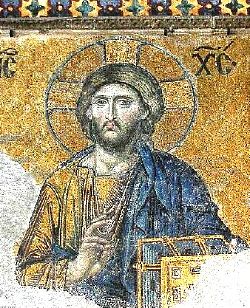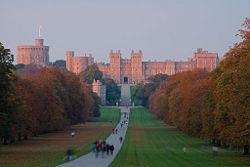Difference between revisions of "Info: Main Page" - New World Encyclopedia
From New World Encyclopedia
Svemir Brkic (talk | contribs) m |
Svemir Brkic (talk | contribs) m (Update add title) |
||
| (10 intermediate revisions by the same user not shown) | |||
| Line 20: | Line 20: | ||
<div style="float:right; font-size:90%;">[[Info:Did_you_know|> more interesting facts]]</div> | <div style="float:right; font-size:90%;">[[Info:Did_you_know|> more interesting facts]]</div> | ||
</div> | </div> | ||
| + | </div> | ||
| + | <div class="card" style="margin-top:10px"> | ||
| + | <div class="card-header">Advertisement</div> | ||
| + | <div class="card-body" style="padding:0.9rem 0 0 0.9rem"><impact>freestar</impact></div> | ||
</div> | </div> | ||
<div class="card" style="margin-top:10px"> | <div class="card" style="margin-top:10px"> | ||
| Line 31: | Line 35: | ||
{{Public Info Links}} | {{Public Info Links}} | ||
<epsitelinks></epsitelinks> | <epsitelinks></epsitelinks> | ||
| + | <seo title="Research Begins Here" /> | ||
Latest revision as of 14:40, 8 December 2023
New World Encyclopedia integrates facts with values. Written by certified experts.
Featured Article: Windsor Castle
Windsor Castle, in Windsor in the English county of Berkshire, is the largest inhabited castle in the world and, dating back to the time of William the Conqueror, is the oldest in continuous occupation. The castle's floor area is approximately 484,000 square feet. Together with Buckingham Palace in London and Holyrood Palace in Edinburgh, it is one of the principal official residences of the British monarch.
Popular Article: Eastern Christianity

Christ Pantocrator in Hagia Sophia – Constantinople (Istanbul) twelfth century
Did you know?
The term "religion" comes from the Latin word "religio," meaning "reverence for God or the gods, careful pondering of divine things" (source: Religion)
Advertisement
